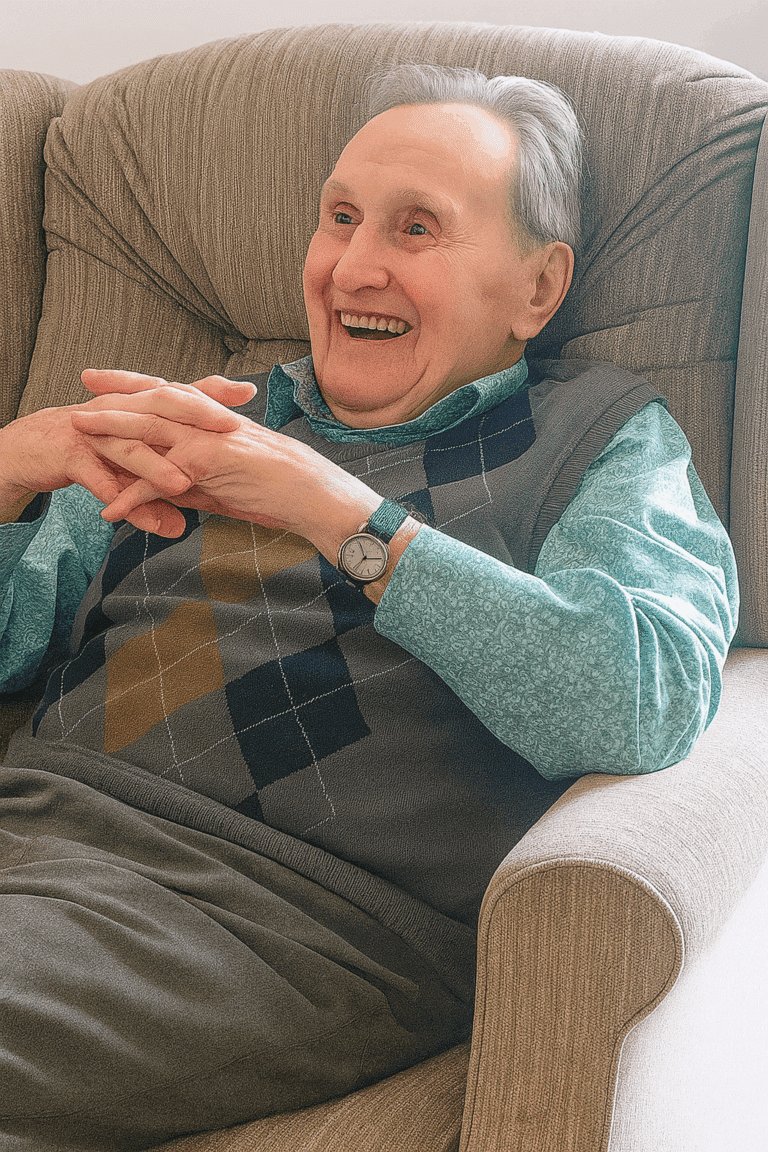
What is remarkable about Rachel Clarke, the author of this inspiring and influential book about palliative care, is that she did not go into medicine when she left school, but instead chose journalism. She recalls fearing as a teenager that she would never be as good a doctor as her father, who enjoyed a happy and fulfilling medical career lasting nearly 40 years, firstly as an anaesthetist in the Royal Navy and then as a much loved and respected GP.
After university, where she studied Politics, Philosophy and Economics, Rachel went into TV journalism and was soon travelling the world making documentaries. Despite enjoying considerable success in her chosen field, Rachel gradually began to find the frantic and relentless pace of life, which she characterises as “careering from story to story,” increasingly draining and unfulfilling. By now in her late 20’s and feeling disillusioned and burned-out, she started to experience an almost gravitational pull towards medicine and decided it was time to follow her calling.
Her first step was to gain the mandatory Science A Levels, which she achieved through hours of private study in the evenings. She was then accepted at London University and embarked on 5 years of medical studies, which, as she points out, requires students to commit around 3 million facts to memory! Rachel sailed through her academic studies, but soon realised, through meeting patients on the ward and in clinics, that one of the most crucial aspects of becoming a competent and successful doctor was learning how to engage appropriately with patients, especially the seriously ill, and “acquire sufficient detachment to be useful, while maintaining one’s essential humanity”.
Worryingly, Rachel’s experience as a trainee showed her that not every doctor is capable of maintaining this all-important balance and the book includes many heart-rending examples of doctors putting professional detachment before common humanity. Even as a trainee, Rachel believed passionately in the importance of doctors maintaining their humanity and always treating their patients, however ill, with dignity and respect.
This once led her to tell a consultant neurologist point-blank that it would not be appropriate for him to include in his weekly ward round, with a dozen student doctors in tow, a middle-aged woman who was in great distress because of end-stage motor neurone disease. The fact that the consultant backed down and subsequently apologised to her tells the reader all they need to know about Rachel’s unassailable conviction that the terminally ill, precisely because their days are numbered, have more right than anyone to be treated with dignity and respect at all times.
It was this conviction that led Rachel to specialise in palliative care. While many in the medical profession shy away from death and the dying, perhaps, she suggests, because they mistakenly believe that palliative medicine merely serves to highlight the shortcomings of conventional medicine, Rachel takes a much more positive view. As she writes so compassionately: “What dominates palliative care is not the proximity to death, but the best bits of living. Kindness, courage, love, tenderness – these are the qualities that so often saturate a person’s last days…. I am surrounded at work by human beings at their most remarkable, unable to retreat from the fact and the ache of our impermanence, yet getting on with living and loving just the same.”
Rachel’s believes strongly that the role of medical and healthcare professionals looking after those in the last stages of life should be to help them come to terms with their situation, while reassuring and comforting them, and keeping them as pain-free as possible. At the same time, she insists they must be given the physical and emotional space they need to share precious moments with those they will soon be leaving behind.
The most moving section of the book is where Rachel has to try and come to terms with her own father’s diagnosis of terminal cancer and reconcile her role as a medical professional with her intense personal feelings for someone she both loves and admires above almost anyone else in the world. From her account of his last months of life, it is clear that her father is finally able to achieve a state of peace, although Rachel herself is deeply affected by his death.
This may make the book sound like a tough read, but it is anything but – it is both moving and life-affirming. Rachel writes with a rare blend of empathy, compassion and objectivity and the book is full of touching and heart-warming interactions with patients trying to cope with the fact that their remaining days are numbered.
Whether you are family member wondering how best to support a loved one diagnosed with a terminal illness, or a medical or healthcare professional keen to gain a better understanding of what really matters in palliative care, this book is an essential read. Beyond that, and, as the eminent brain surgeon, Henry Marsh Admissions : Henry Marsh : 9781474603874 : Blackwell’s (blackwells.co.uk) puts it in his own review, this is: “A truly wonderful book. Read it.”



